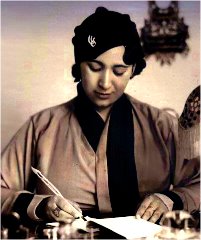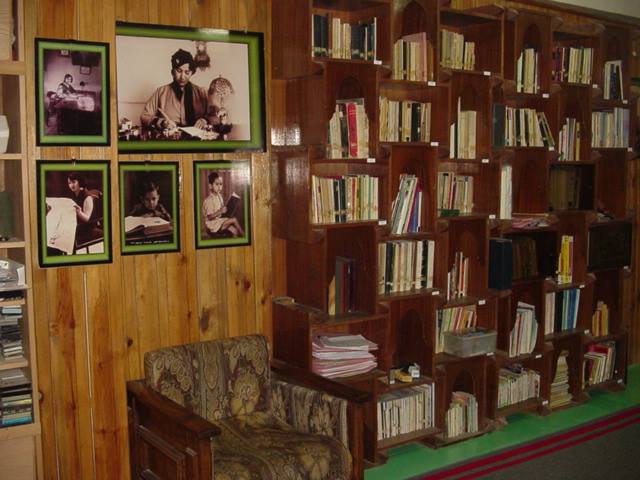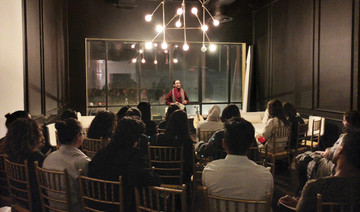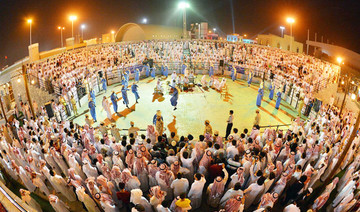DUBAI: Egyptian poet and essayist Gamila El Alaily has been honored with a Google Doodle on what would have been her 112th birthday.
Born in Mansoura, Dakahlia in Egypt in 1907, El Alaily was “one of the leading women of Egypt’s modern art renaissance,” and was celebrated for her contribution to Arab literature.

Gamila El Alaily. (Facebook)
She became even more prominent when she joined the Apollo Society, an elite all-boys club for poets, writers, and artists founded by Egyptian poet Ahmed Zaki Abu Shadi – making El Alaily the sole female member of the group, which pioneered modernism in the region’s literary scene.
El Alaily was inspired by the founders of the esteemed group, which at the time was regarded as the most prominent poetry circle in Egypt and the Arab world.
After moving to Cairo, El Alaily contributed to an Egyptian literary journal, also called “Apollo,” and drew inspiration from another distinguished Arab writer, Lebanese-Palestinian May Ziade.
She went on to publish her own poetry, producing three volumes in total, the first one titled “The Echo of my Dreams,” where she explored themes of love, longing, and contemplation.

A picture of Gamila El Alaily displayed on the wall. (Facebook)
El Alaily also wrote a regular column for over 40 years in a self-published monthly newsletter. She would write about ethics and values, as well as her insights on women’s role in society.
She died on April 11, 1991.
A podcast uploaded in 2015 discussed El Alaily’s life and works, with the show guesting some of the late poet’s relatives, as well as scholars who studied her body of work.
Listen to the podcast here:













